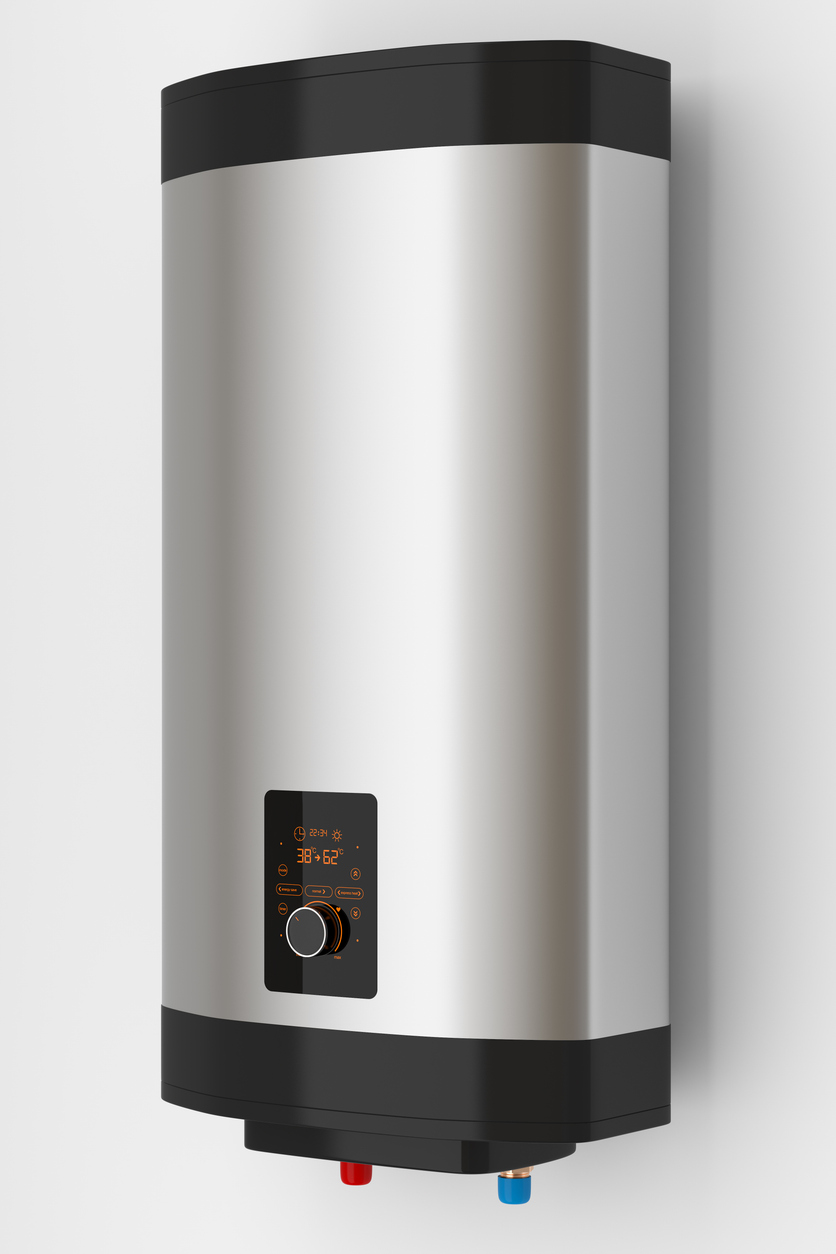Why You Should Convert With Oil
In general, homeowners that choose to convert from oil to natural gas do so to either save money or be more efficient. The process of converting usually takes about six to eight weeks from the time you request the service, to completion of installation, so plan ahead.
What are the benefits of converting?
- Increased efficiency, reduced utility prices and higher property resale.
- On average, homeowners who make the conversion save about $1,000 or more per year.
- With natural gas, you are billed for what you use, after you use it. With oil, you pay in advance to fill a tank.
- Gas eliminates the need to schedule times for oil refills and excess maintenance.
- Gas is delivered directly to your home from a pipeline (on demand), eliminating the risk of running out of oil.
- Natural gas equipment is easier to maintain.
- Gas can be used to run other appliances (stoves, dryers, fireplaces, hot water heating), not just heating.
- Gas is cleaner than any other fossil fuel, and is better for the environment (releasing up to 30% fewer emissions).
- Gas is regulated; oil prices are based on supply and demand.
What are the steps to convert?
The process of converting basically includes:
- Determining if gas is available to your home
- Scheduling installation of a service line into your home
- Working with a heating and cooling company to convert or replace any heating equipment. You can also choose to convert other appliances to gas at the same time.
To determine if natural gas is available to your home, or to learn more about the process or costs of converting, visit www.ugi.com.






